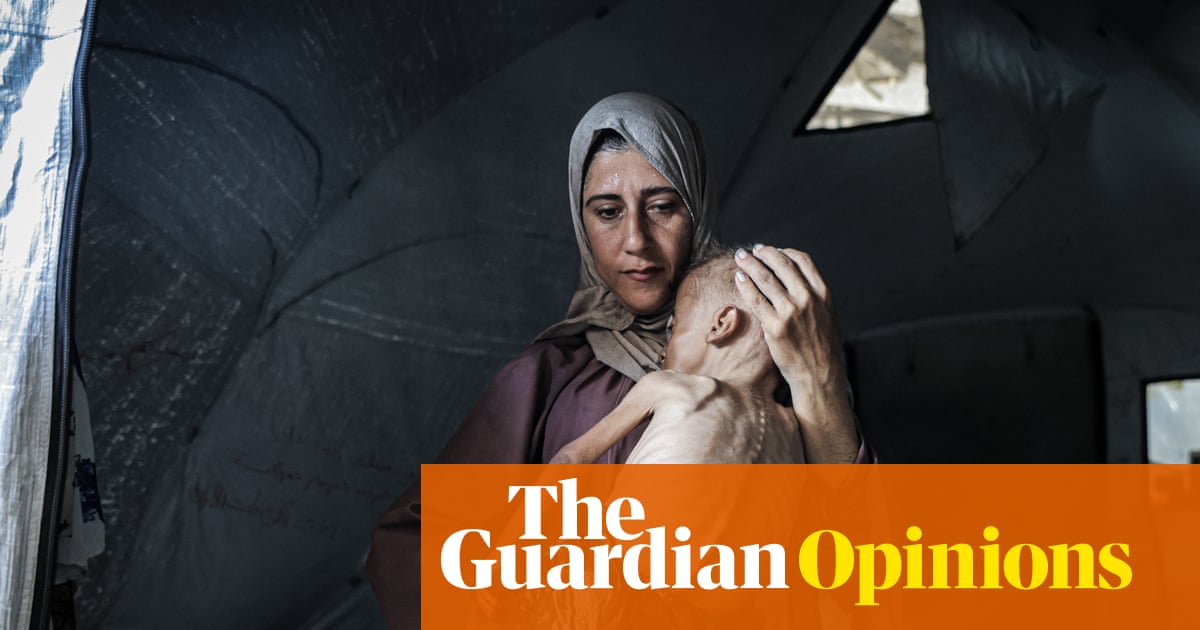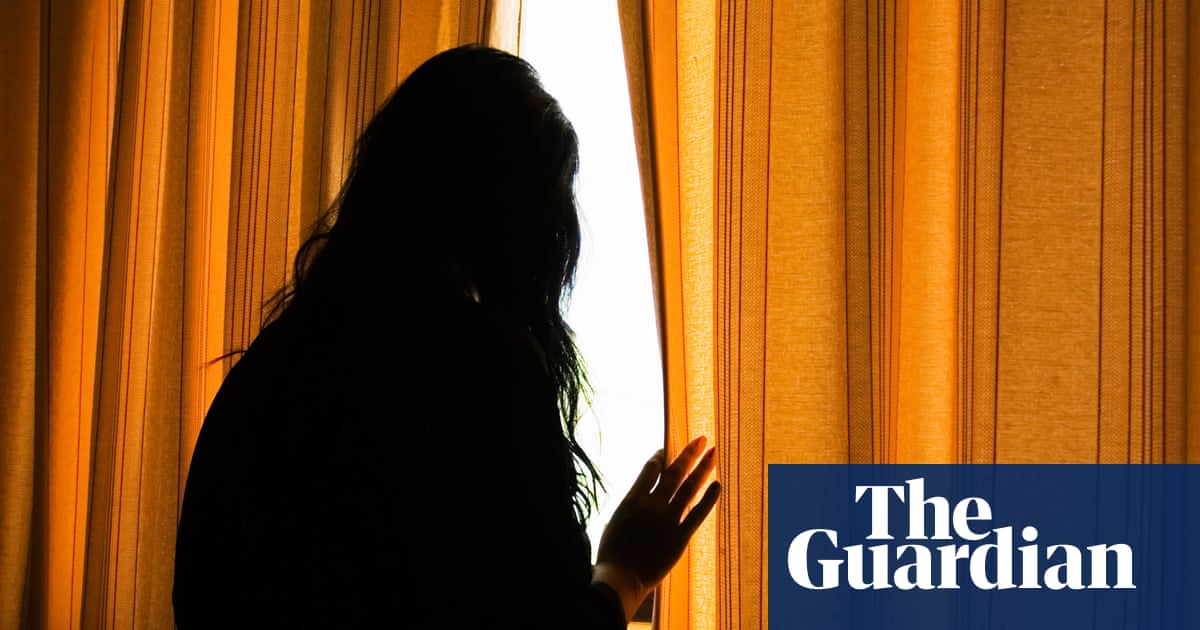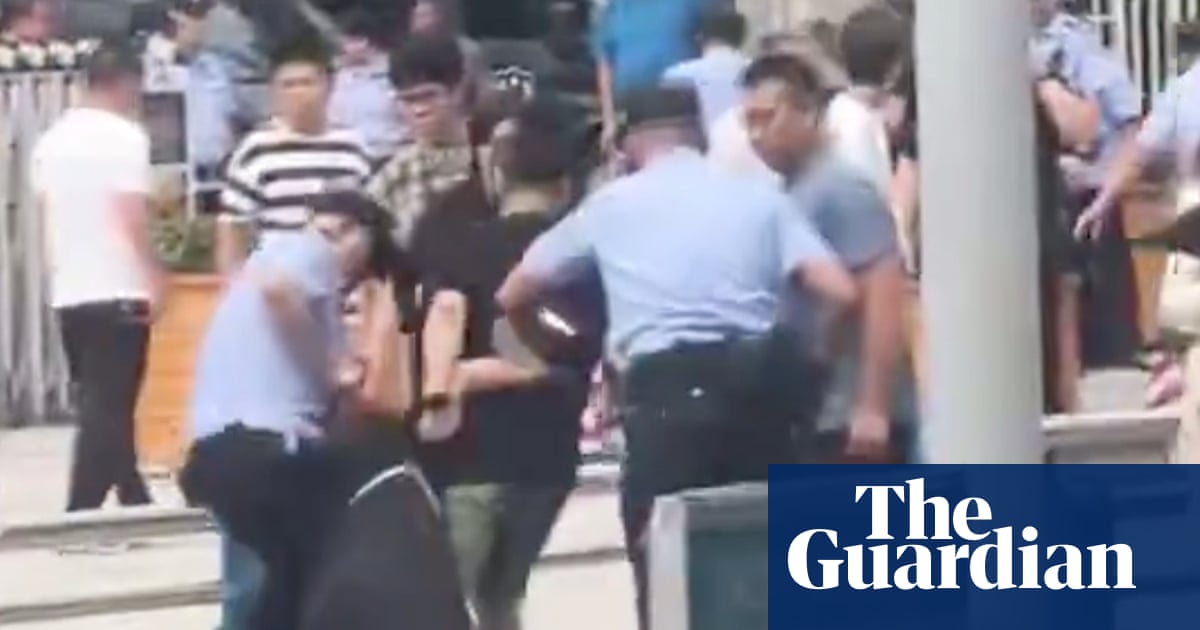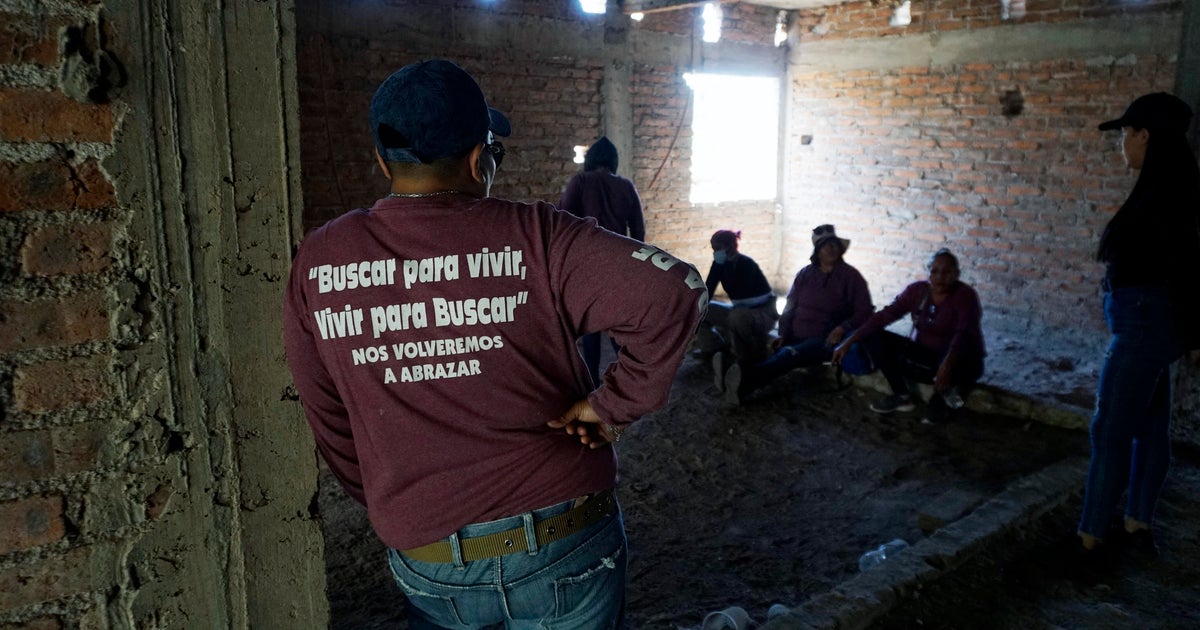UK Suspends Free Trade Talks with Israel Amid Growing Tensions Over Gaza Conflict
LONDON (AP) — In a significant diplomatic move, the British government announced on Tuesday the suspension of free trade discussions with Israel. This decision coincides with the imposition of sanctions against West Bank settlers, following renewed military offensives in Gaza by Israel. The announcement came just hours after the UK government vowed to take “concrete actions” if Israel did not cease its military operations.
The situation in Gaza has escalated dramatically over the past few months, driven by a nearly three-month blockade that has resulted in dire humanitarian conditions, including warnings of famine. This has raised alarms not only within the region but also among close allies of Israel. Notably, the United States, typically a staunch supporter of Israel, has expressed concerns regarding the growing hunger crisis amidst the ongoing conflict.
British Foreign Secretary David Lammy articulated the government’s position, stating that continuing discussions on an existing trade agreement with Israel was untenable given the Israeli government's actions in Gaza and the West Bank. He described these actions as “egregious,” citing the blocking of humanitarian aid and the expansion of military operations. “History will judge them,” Lammy declared. “Blocking aid. Expanding the war. Dismissing the concerns of your friends and partners. This is indefensible. And it must stop.”
In addition to halting trade negotiations, Lammy disclosed that the UK would impose sanctions on three individuals, two illegal settler outposts, and two organizations known for supporting violence against the Palestinian community. He emphasized that illegal Israeli settlements have been proliferating throughout the West Bank with the explicit backing of the current Israeli government.
The response from Israel was swift. Oren Marmorstein, a spokesperson for the Israeli Foreign Ministry, condemned the sanctions against West Bank settlers as “unjustified and regrettable.” He pointed out that the free trade agreement negotiations were not advancing under the UK’s current stance anyway, suggesting that Britain’s actions might not significantly impact Israel’s strategic interests.
Adding to the discourse, British Prime Minister Keir Starmer expressed deep concern over the humanitarian crisis in Gaza, labeling the suffering of children there as “utterly intolerable.” He reiterated calls for an immediate ceasefire, reflecting a growing sentiment among Western leaders who have begun to publicly challenge Israel’s military strategies. “I want to put on record today that we’re horrified by the escalation from Israel,” Starmer stated emphatically.
The UK’s stance aligns with recent comments made by Starmer alongside French President Emmanuel Macron and Canadian Prime Minister Mark Carney. Together, they released a significant joint statement, criticizing Israel's conduct in Gaza and threatening to take “concrete actions” against the Israeli government if there was no immediate change in its military approach and humanitarian aid policies.
Israeli Prime Minister Benjamin Netanyahu dismissed these criticisms, calling the leaders’ statements “a huge prize” for Hamas. Starmer countered this by underlining that a ceasefire is essential to facilitate the release of hostages held by Hamas and to ensure that humanitarian aid flows into Gaza unimpeded. He argued that the current volume of aid allowed by Israel is “utterly inadequate,” declaring that “this war has gone on for far too long.”
As the humanitarian situation continues to deteriorate, Israel allowed a limited number of trucks carrying essential supplies, including baby food, to enter Gaza on Monday. However, U.N. humanitarian chief Tom Fletcher emphasized that such efforts amounted to merely “a drop in the ocean” compared to the urgent needs of the population. Reports indicated that while dozens more trucks entered Gaza on Tuesday, the scale of relief remains alarmingly insufficient.
The context of this crisis extends back to October 7, 2023, when Hamas launched a surprise attack that resulted in the deaths of approximately 1,200 individuals, primarily civilians, and the abduction of 251 people. In the subsequent weeks, Israel received initial international support for retaliatory actions against Hamas; however, patience is waning as reports of Palestinian casualties rise. Recent figures from Gaza’s Health Ministry indicate over 53,000 Palestinian deaths, with the majority being women and children.
In response to the escalating violence, Macron has intensified diplomatic efforts aimed at pressuring Israel to facilitate a ceasefire and to lift the blockade on humanitarian aid. Notably, Macron proposed the possibility of France recognizing a Palestinian state, particularly in light of an upcoming international conference co-hosted by France and Saudi Arabia aiming at advancing a two-state solution.
The relationship between France and Israel has been further strained following Macron's suggestion to halt arms deliveries intended for use in Gaza, which Netanyahu criticized. Additionally, France has pursued a ban on Israeli defense companies from participating in arms exhibitions, reflecting growing tensions.
Similar sanctions on Israeli settlers and settler groups have been enacted by the United States, France, the European Union, Canada, and the UK, aimed at curbing violence against Palestinians and addressing illegal development in the West Bank. These measures may include asset freezes and bans on travel and visas for the affected individuals and organizations, although reports indicate that their effectiveness as a deterrent has been minimal.
In the wake of the October attacks, there has been a troubling surge in settler violence against Palestinians, with many alleging that the Israeli military fails to provide adequate protection. Palestinians contend that these attacks are part of a broader, systematic effort to displace them from their ancestral lands.
___
Associated Press writers Natalie Melzer in Nahriya, Israel, and Melanie Lidman in Jerusalem contributed to this report.



























